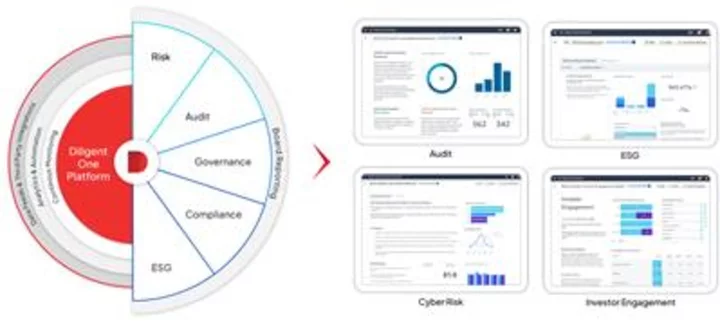ISLAMABAD (Reuters) -Pakistan's government is seen targeting a fiscal deficit of 7.7% of GDP for the 2023-24 fiscal year, a source told Reuters on Friday ahead of the finance minister's budget speech, much wider than the current year's original estimate of 4.9%.
The budget needs to satisfy the IMF to secure the release of more bailout money for the crisis-struck country, which is due to hold a general election by November.
Total spending is expected to be 14.5 trillion rupees ($50.54 billion), with 1.8 trillion rupees going to defence, said the source.
Pakistan's Prime Minister Shehbaz Sharif in a televised address to his cabinet on Friday reiterated that he was hopeful that the agreement with the IMF would go to its board for approval this month.
He added that the United Arab Emirates, Saudi Arabia and China had been "very helpful" in recent months in providing funding to Pakistan.
The IMF said earlier this week that it was discussing the budget with Pakistan's government. Sharif's government is hoping to persuade the IMF to unlock at least some of the $2.5 billion left in a $6.5 billion programme that Pakistan entered in 2019 and which expires at the end of this month.
The budget could target a total tax revenue of 9.2 trillion rupees and pencil in debt servicing of 7.3 trillion rupees, the official source said, highlighting the country's massive debt burden.
Inflation for the next fiscal year is expected to come in at 21%, the source said, as Reuters reported earlier this week. Inflation in May was at a record high of nearly 38%.
($1 = 286.9000 Pakistani rupees)
(Reporting by Asif Shahzad and Gibran Peshimam; Editing by Krishna N. Das and Louise Heavens)









